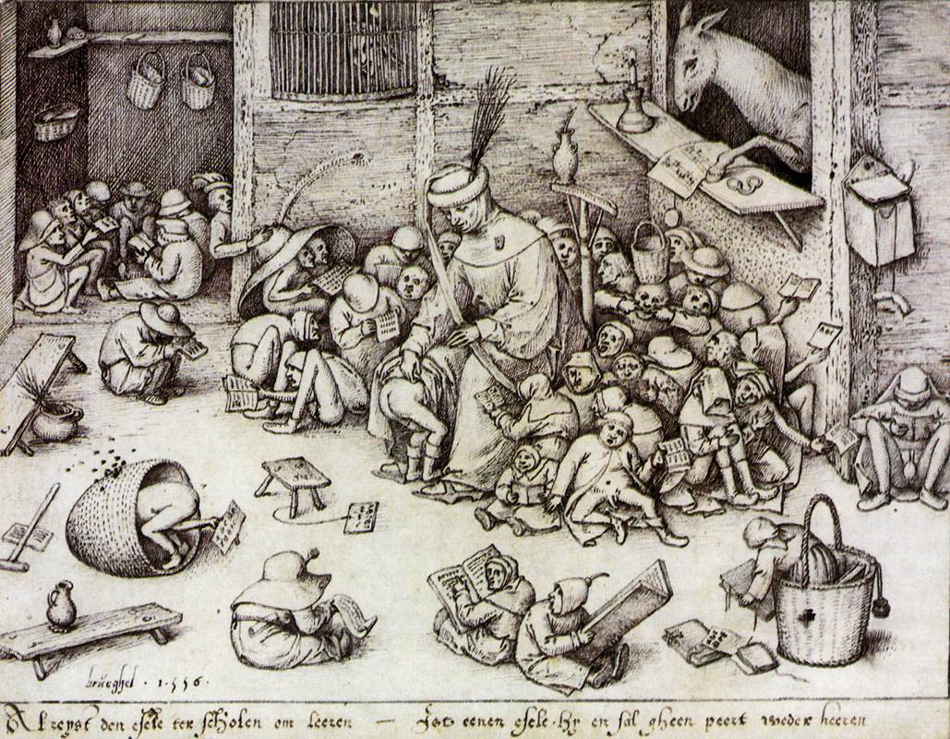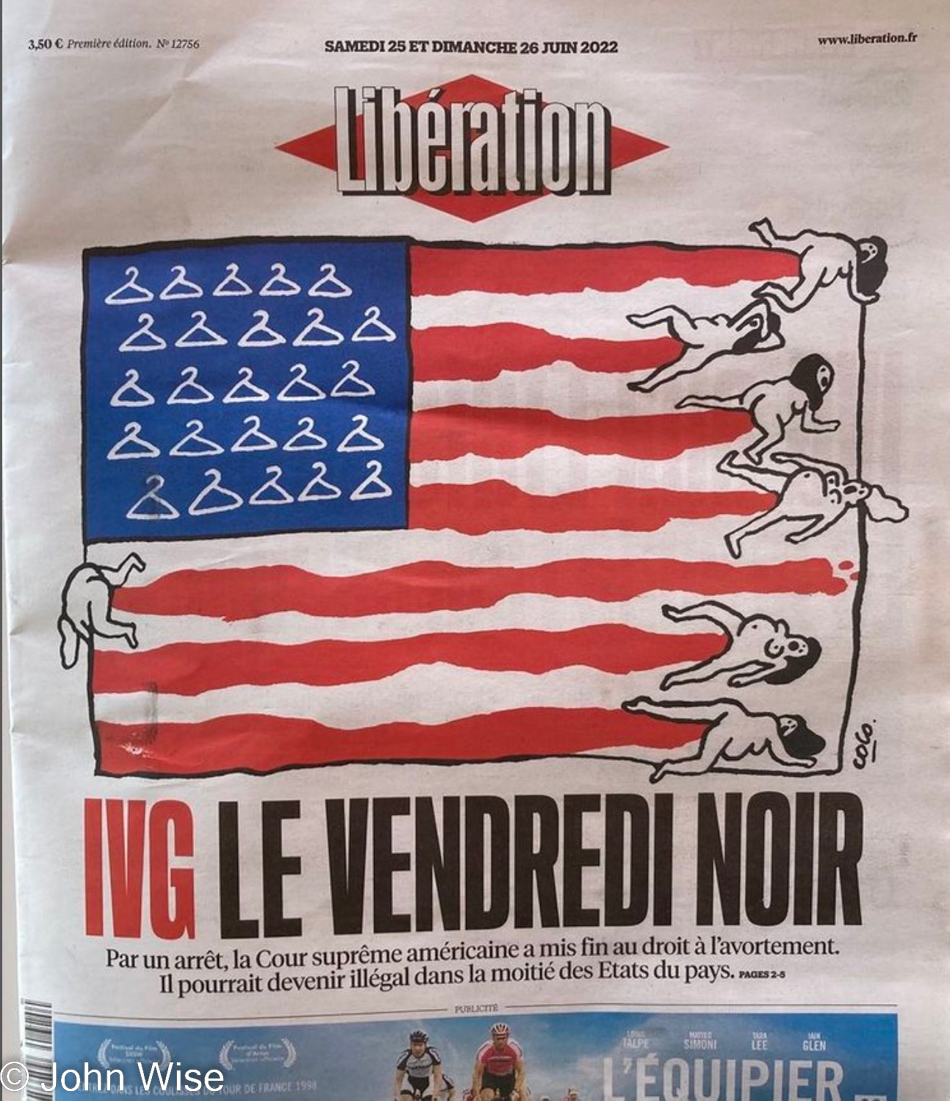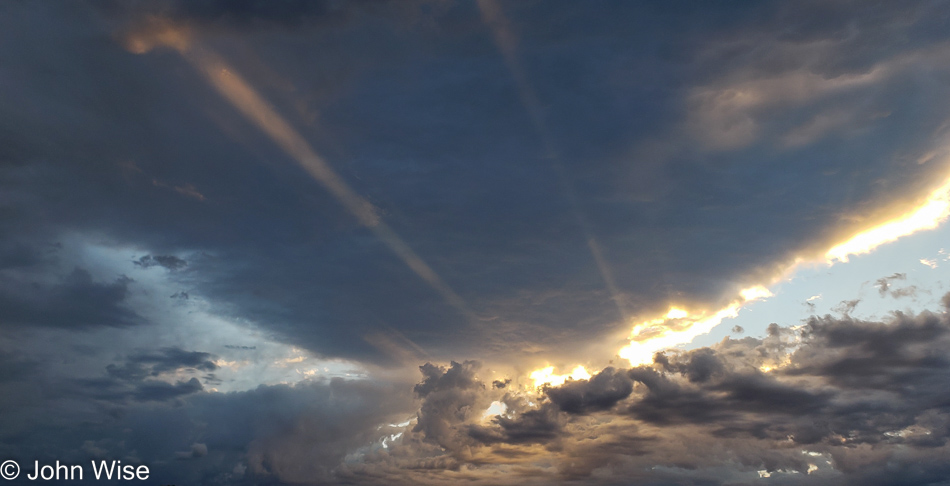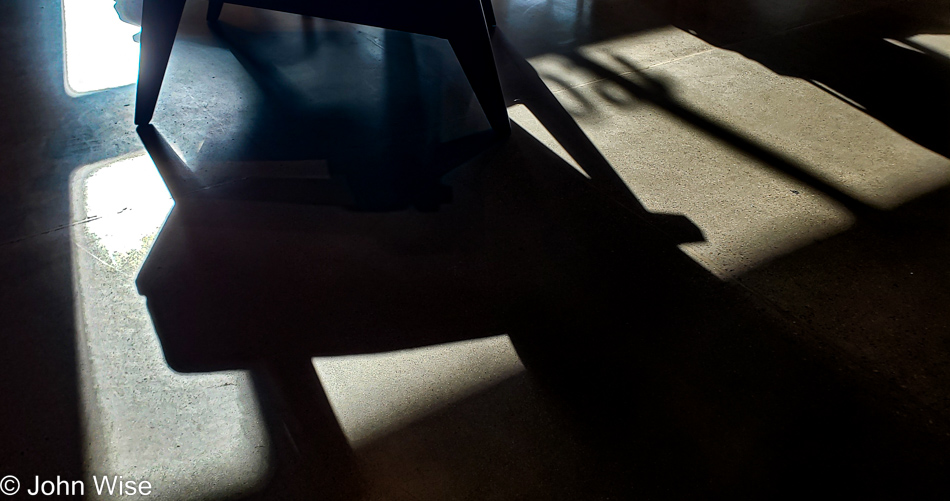
Pioneers, inventors, wanderers, and people steeped in hard work helped define a nation in a previous age. Nowaday,s this has been supplanted by superficial caricatures of clowns that are themselves creations of illusions. While people are relics with little utility to a society that is possessed by fragmentary citizens honed from the trash of nostalgia and trivia.
Do not conflate nostalgia and trivia with real knowledge, as a grab bag of nonsense regarding sports, celebrities, viral videos, and video games hardly replaces literature, philosophy, science, and theology. Fashion belies the idea that someone’s external expression is somehow relevant to the advancement of our species. Yet, due to our utter lack of direction as people of the United States, we now rely on the appearance of things to wholly define one’s place in the natural order.
It is as though we’ve reversed our trajectory into the future, regressing to the age where one’s display of face paint, seashells, necklace of trophies, or types of animal skins worn proffer an adequate positioning of our standing in the social hierarchy.
Fractured media sources play into this by delivering fragments of nonsense construed as specific cultural knowledge but presenting us with superfluous trash masquerading as contemporary relevance. Do we as a society want more than that? The answer I see writ large on the foreheads of those I encounter is a resounding NO. We are seemingly happy to be lost in our trivialized compendium of all things golf, Pokemon, celebrity du jour, fad exercise, or scandal rocking the tabloids that we find trending on social or mass media.
The cliché that we are becoming a nation of idiots is played for laughs but actually applies to the vast majority – which do not realize this includes them. In my estimation (or arrogance), I believe this concerns almost 95% of those I am likely to encounter on any given day, week, or month. I move from poor to wealthy environments and rarely am able to claim to be witness to intellectual activity. Sure, I listen in on savvy investors making money, real estate deals, and people plotting their next vacation or sending their children off to university, but the underlying mindset is tone-deaf to matters of societal cohesion beyond obtuse biases that often fuel hate.
Without a working broad spectrum of knowledge and little logic backed by critical thinking, my fellow citizens wreak of posturing imbeciles while whatever hope I’ve had of finding inspiration and mentorship from those around me has faded like the sun over Seattle in January. How does one find community in a society of idiots when the ambitions of the individual are met with indifference to big-picture issues and sharing well-reasoned wisdom doesn’t exist? Instead of being embraced in the community, we are labeled nerds and geeks to be relegated to the margin as difficult while being perceived as awkward and or anti-social.
Somewhere along the road of advancement in the United States, knowledge became a weapon characterized by showing off and appearing arrogant. The economic reality of capitalism requires rewarding of smart, but it should happen off-camera on the margin and in the shadows. Should great success come your way, the scrutiny of who you are and the hope for your demise will run rife in our population of misfits who thrive on seeing others ultimately suffer worse fates than they perceive themselves to be suffering.
Somewhere in the back of my head, maybe in the front, sit Alan Watts, Terence McKenna, Nietzsche, Baudrillard, Baudelaire, Bukowski, Burroughs, Dickens, Ram Dass, Russell, Dawkins, Deutsch, E.O. Wilson, Fortey, Foucault, Reich, Canetti, Marcuse, and Bataille. They inform my search for a voice.
500,000 years ago, we started making stone tools; 30,000 years ago, we learned to work with clay; 12,000 years ago, we learned how to farm; 10,0000 years ago, we learned to work with copper; and 6,000 years ago, we learned how to work with bronze. Today, we are reduced to social media and empty posturing so that a new religion called consumption and conspicuous display can rule over us. The digital tools we are using are the new religious icons that adorn our minds, occupying them with thoughts of our electronic Jesus, Buddha, etc.




